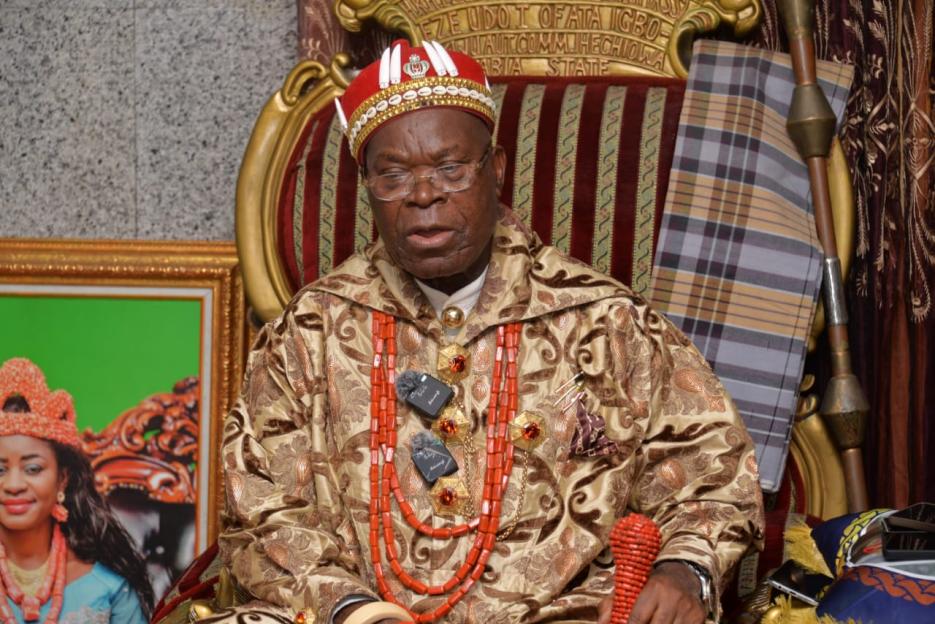Table of Contents
- Presidential Mercy Granted
- Presentation by Attorney-General
- Herbert Macaulay's Legacy
- Historical Context of Conviction
- Further Details
President Bola Tinubu has exercised the presidential prerogative of mercy, granting clemency to one of Nigeria’s founding figures, Herbert Macaulay, along with 174 others from various categories.
This decision follows a presentation made by the Attorney-General of the Federation and Minister of Justice, Lateef Fagbemi, SAN, who communicated President Bola Tinubu’s recommendations based on the Advisory Committee on the Prerogative of Mercy report during the Council of State meeting held at the State House in Abuja on Thursday.
According to DAILY POST, Macaulay, who is often referred to as the “father of Nigerian nationalism,” faced two convictions by the colonial authorities in Lagos.
In 1913, while working as a surveyor in private practice, he was allegedly tried for misappropriating funds from an estate he managed and subsequently sentenced to prison; the fairness of that prosecution has been a topic of historical debate among scholars.
Further details will be provided shortly…
Frequently Asked Questions
What is the presidential prerogative of mercy?
The presidential prerogative of mercy is the power of the president to grant clemency or pardon to individuals convicted of crimes, often based on recommendations from advisory committees.
Who was Herbert Macaulay?
Herbert Macaulay is recognized as a key figure in Nigerian history and is often referred to as the "father of Nigerian nationalism" for his significant contributions to the country's independence movement.
What were the circumstances of Macaulay's convictions?
Macaulay was convicted twice by colonial authorities, with one notable conviction in 1913 for misappropriating funds from an estate he managed, a case that has sparked debate regarding its fairness among historians.







